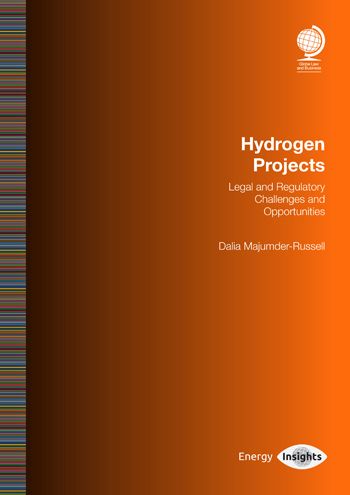
Hydrogen, the most abundant element in the universe is often cited as the key to unlock the decarbonisation of sectors such as transport, heating and industrial processes, while also transforming the role that renewable energy plays in the electricity mix. Together with carbon capture and storage technology or coupled with renewable generation, this energy vector is a likely key pillar in the ongoing energy transition. This Special Report considers the key legal and regulatory challenges and opportunities in developing, financing and operating hydrogen projects, including:
The Special Report will also consider how hydrogen can be used in industrial processes, transport and the heating sectors. Written for a legal and non-legal audience, this report will appeal to those looking for a deeper understanding of the opportunities in the hydrogen sector and ways in which some of these may be realised.